Blog
You Can Get Midline Without √3×√3

Midline without √3×√3? Yes — but only if…
-
a different base symmetry (e.g., radial, toroidal, layered)
-
a continuous rotational field (biology often does)
-
gravity or another global reference anchoring direction
-
intrinsic waste dissipation paths
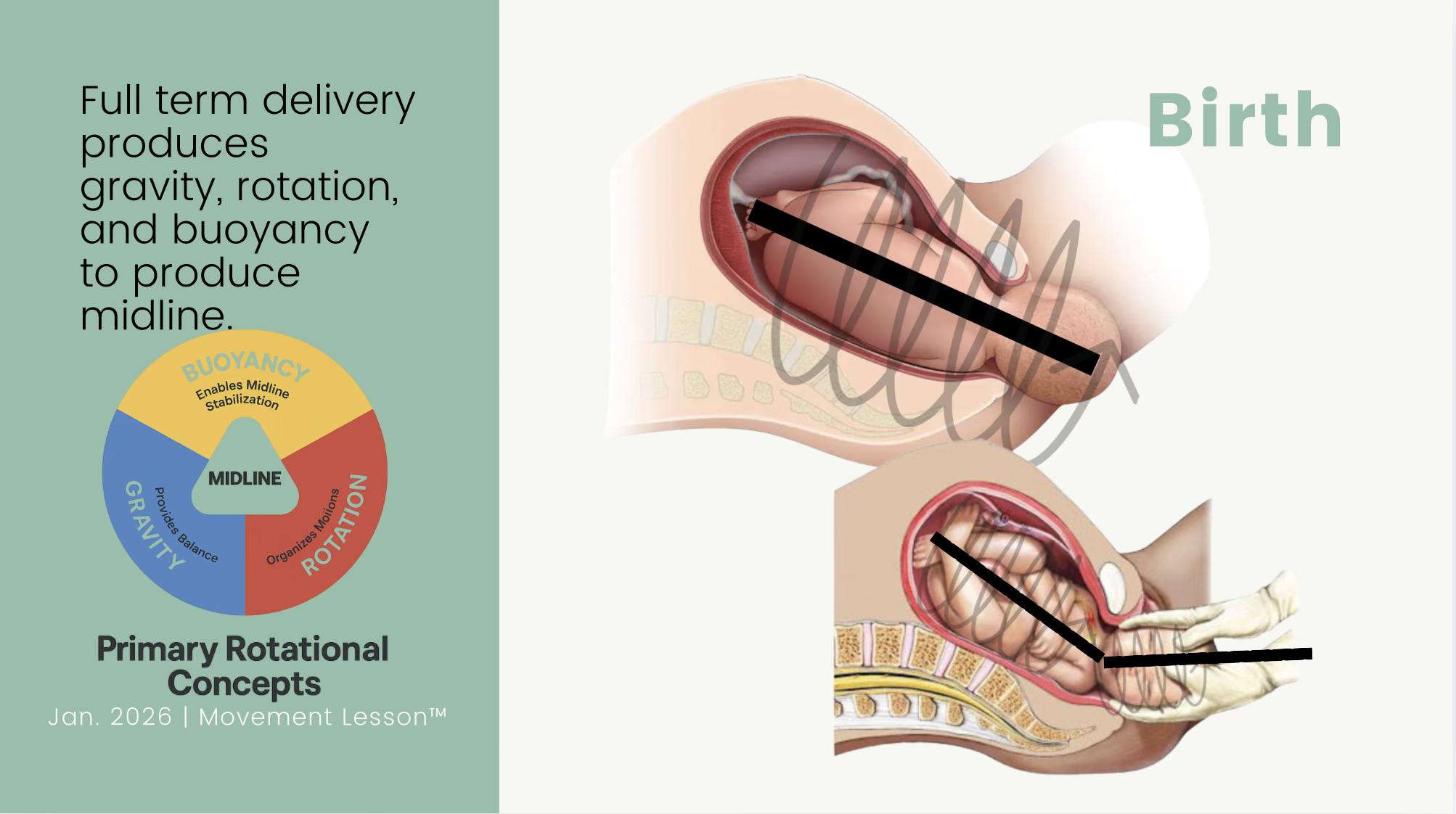
-
gravity supplies a global reference
-
tissue is continuous, not lattice-bound
-
rotation is embodied, not discretized
Click HERE to learn more about Movement Lesson!
Unlocking Potential: The Dance of Vision and Movement

Watching a baby find their balance is like watching a miracle in slow motion. In our recent session, we focused on a critical developmental bridge: Head Support & Visual Integration.
https://www.youtube.com/watch?v=QFgogdfRuoA
For a baby experiencing initial weakness, "holding the head up" is more than a physical feat—it’s a cognitive awakening. By providing strategic, dynamic support to the head and spine, we allow the nervous system to stop "fighting" gravity and start "exploring" the world.
![]() What’s Happening in This Session?
What’s Happening in This Session?
The Head-Back Link: By stabilizing the head, we activate the deep back muscles (paraspinals), allowing for a longer, stronger spine.
A New Perspective: When a baby shifts from lying down to a vertical or prone orientation, their brain begins to map depth, distance, and spatial awareness for the first time.
Visual Tracking: Notice the progress in eye coordination! Bearing weight on the hands isn't just about arm strength; it provides the stable base needed for...
Not Crawling - Movement Lesson can Help!

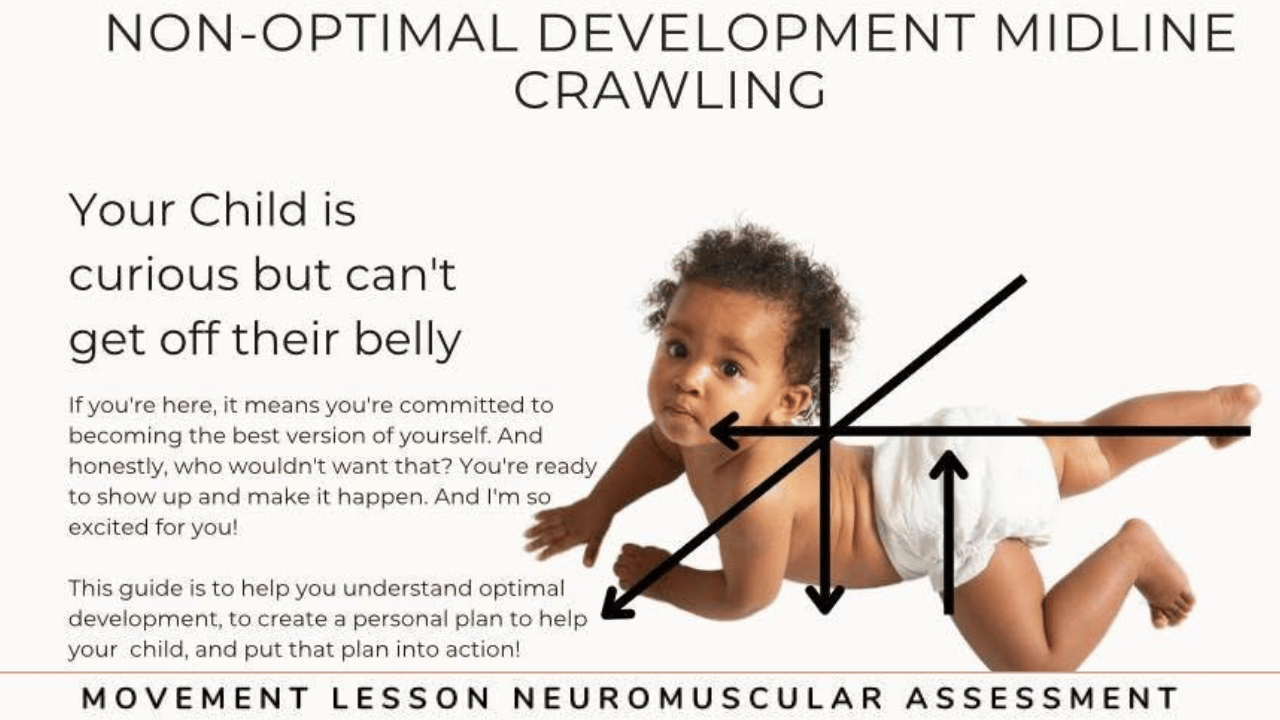
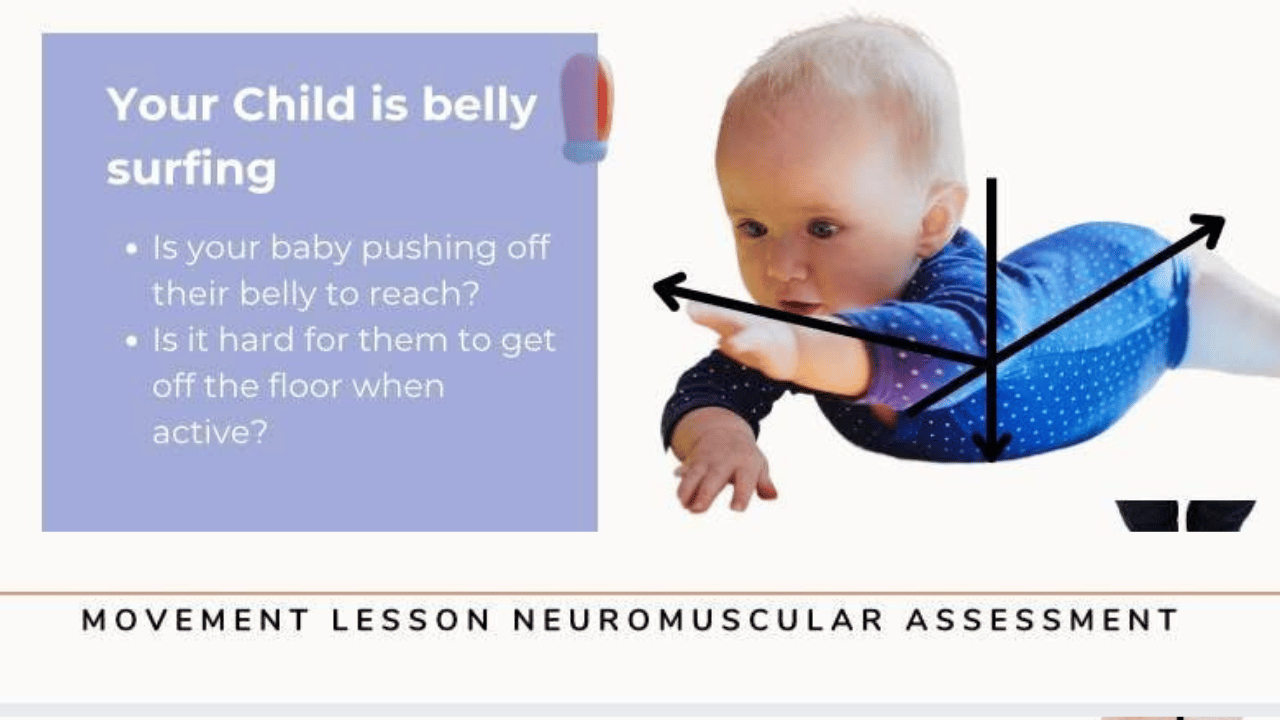
Movement Lesson - DMI - Physical Therapy
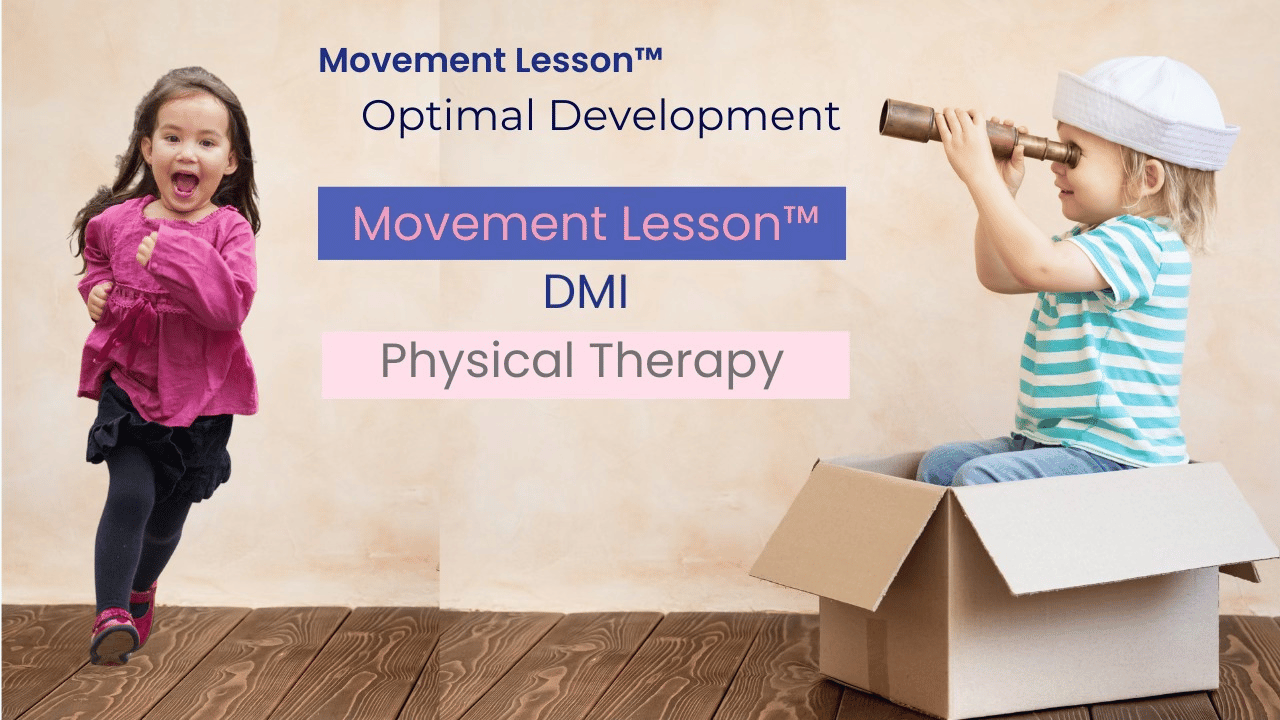
Why math does not close in standard practices (PT / DMI as commonly applied) and why it does close in Movement Lesson as you practice it.
What “math works out” actually means here
When you say the math works, you are not talking about equations on paper.
You’re talking about conservation and transfer:
- force → movement
- movement → organization
- organization → reduced energy cost
- reduced energy cost → repeatability
- repeatability → development
If any step breaks, the system compensates, and the math diverges. That’s the lens.
Standard PT / DMI: What variables do they prioritize?
Most conventional approaches optimize for local variables:
- muscle activation
- joint range of motion
- Symmetry in static positions
- linear strength
- task completion (“walking”, “standing”, “grasping”)
These variables are treated as independent. The implicit math assumption They assume: If we improve local variables, a global organization will emerge. That as...
What You Should Do for Your Child

First, stop guessing — and start with a system.
Where Cortical Visual Impairment actually lives

Vision has three major load-handling stages:
- Input – eyes, retina, optic nerve
- Routing & prediction – brainstem, thalamus, visual midline integration
- Interpretation – cortical visual areas (ventral + dorsal streams)
In Cortical Visual Impairment (CVI):
- input may be adequate
- interpretation may exist
- But routing + load regulation is unreliable
Click HERE to help your child see today!
Rotation is how systems live inside containment
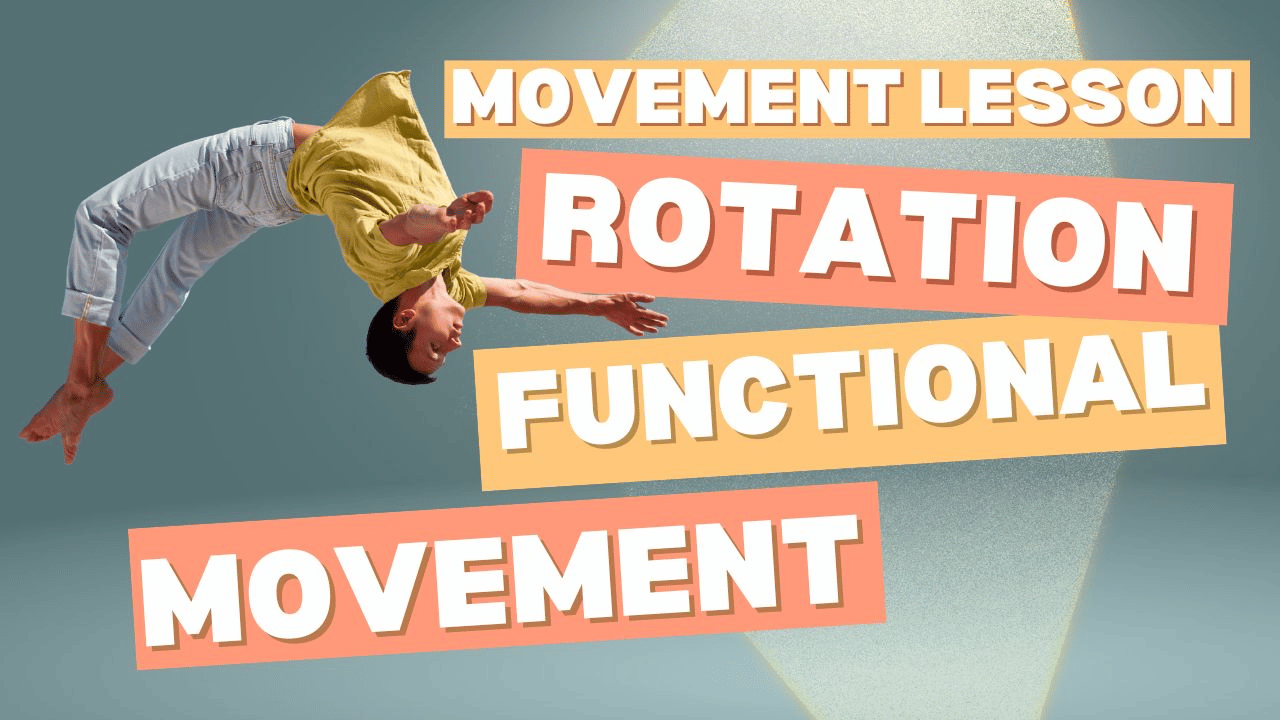
What if you realize that we are functioning around gravity, yet this is a containment.
One of the most important things that happens to us during the birthing process is exposure to gravity.
To become a constant, we need to add intake and elimination. Once gravity exists as a constant, the question becomes:
How do I move, adapt, and function without fighting the container? The answer is rotation.
Rotation allows:
- load redistribution without collapse
- transition without force escalation
- movement without loss of reference
- waste venting without explosion
Rotation is cooperation with gravity, not resistance to it.
That’s why:
- joints rotate
- spines spiral
- gait alternates
- midline organizes around torsion
- balance emerges from twist, not rigidity
A non-rotational system inside gravity must:
- push
- brace
- lock
- flail
Which is exactly what you see in robots — and dysregulated humans.
Click HERE to learn more a...
The Laser That Teaches the Body How to Move Better

**The laser doesn’t just “relax muscles.”
Why a child can walk but can’t talk
This is a real structural blind spot that causes a lot of misunderstanding and delays in providing help.
People assume:
- walking = system is fine
- Speech = separate "language problem."
But mechanically, that's wrong. Structurally, walking and talking are not parallel skills. They draw on different load-variance budgets. Walking can emerge with compensation.
A child can walk if they can:
- lock joints
- stiffen the trunk
- offload variance into hips, knees, feet
- reduce degrees of freedom
That's a brute-force solution to gravity. It works, but it's expensive. Speech cannot tolerate that compensation.

Speech requires:
- fine breath modulation
- rapid pressure changes
- stable midline without bracing
- dissociation of jaw, tongue, larynx from trunk load
If the system is using:
- breath to stabilize posture
- trunk stiffness to manage gravity
- jaw/neck as auxiliary stabilizers
Then speech becomes mechanically unsafe. So the system...
What is Bear Crawling?

1- There is no crawl - This is not a typical type of crawling. Although it is a form of locomotion, it's about your child pushing its body off the floor.
2- Vision - Your child cannot set up their vision to see through a four-point crawl.
3- Missed Milestones - Your child cannot come into sitting, then go into all-fours. Managing transition skills continues to be a struggle.
4- Midline - A forced midline is much harder to work around and can stop or limit a child's crossing midline.

